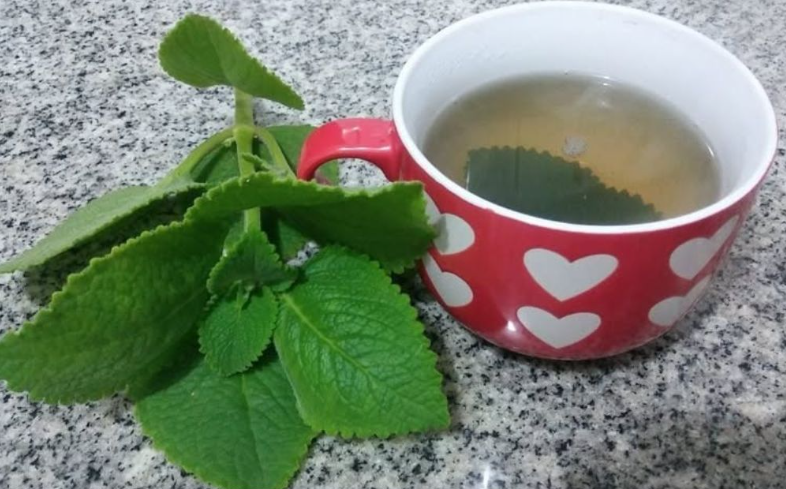Every Sunday, my husband’s family of eight arrived for lunch—a cherished tradition. They showed up at noon, full of laughter and conversation, while I managed the duties of chef, host, cleaner, and dishwasher. Week after week, I created elaborate meals, polished every area of the house, and remained awake late to tackle mountains of dishes. I convinced myself everything worked out—it involved family, after all—yet resentment gradually emerged.
One evening, utterly exhausted, I shared with my husband, “I can’t continue like this. Every week, I cook, clean, and host—by myself. No one even offers assistance.” He looked at me and responded coldly, “They got us the house. You owe them that much.” His words hurt deeply. Gratitude had evolved into obligation, and I understood I wasn’t receiving appreciation—I was facing exploitation.
Therefore, the following Sunday, I smiled in my usual way and prepared everyone’s favorite dishes. The table appeared beautifully arranged, the food flawless. Yet this time, I had arranged for someone to assist with cleaning and preparation. When lunch concluded, rather than moving to the sink, I clapped my hands and announced cheerfully, “Today’s a little different.” A young woman entered to manage the cleanup. The room fell silent.
When my mother-in-law inquired who she was, I answered calmly, “She’s here to help. If Sunday lunches continue, I won’t handle everything alone. We can rotate or hire help.” After a pause, his sister responded, “You’re right. We’ll all pitch in.”
From that day forward, Sundays transformed. Everyone contributed—some cooked, others cleaned, sometimes we chose takeout. The laughter came back, along with balance and respect. I no longer served as “the hostess who did it all.” I became a valued part of the family—and, finally, I felt free.







